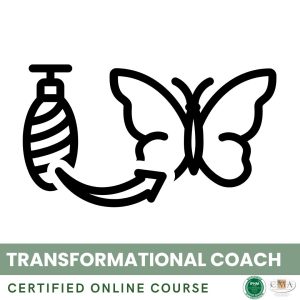Psychosexual development is a complex process that begins at birth and continues throughout life. For LGBTQ+ individuals, this development can present specific challenges related to the discovery and acceptance of their sexual orientation and/or gender identity.
Classic theories of psychosexual development, like that of Freud, have long been criticised for their heteronormative and binary view. More recent models, like those of Cass or D’Augelli, take into account the diversity of experiences and paths of the LGBTQ+ community.
Coming-out, that is the process by which a person recognises and accepts their sexual orientation and/or gender identity, is a key stage in the psychosexual development of LGBTQ+ individuals. This process can be long and difficult, marked by doubts, fears and questions. It is important to respect everyone’s pace and not to force the stages.
The construction of sexual and gender identity takes place in interaction with the social and cultural environment. Negative messages, stereotypes, and discrimination can have a harmful impact on the psychosexual development of LGBTQ+ individuals, sometimes leading to an internalisation of homophobia or transphobia (this is then referred to as internalised homophobia or transphobia).
Support from those around them, access to positive information, and the opportunity to meet peers are important protective factors for the psychosexual development of LGBTQ+ individuals. Discussion groups, associations, and community resources can play a crucial role in this regard.
It is essential to keep in mind that psychosexual development is not a linear and uniform process. Each LGBTQ+ individual has a unique journey, influenced by multiple personal, family, and social factors. Some people may become aware of their sexual orientation or gender identity at a very young age, others later. Some may experience their coming out peacefully, while others may encounter more difficulties.
As a coach, it is important to have a deep understanding of the issues related to the psychosexual development of LGBTQ+ individuals while maintaining an open and non-judgmental stance. This involves welcoming the diversity of paths and supporting each individual in a caring and personalised manner, relying on their resources and strengths.
Points to remember:
– The psychosexual development of LGBTQ+ individuals can present specific challenges related to the discovery and acceptance of their sexual orientation and/or gender identity.
– Coming out is a key stage in the psychosexual development of LGBTQ+ individuals. It is important to respect everyone’s pace and not to force the stages.
– Negative messages, stereotypes, and discrimination can have a harmful impact on the psychosexual development of LGBTQ+ individuals, sometimes leading to an internalisation of homophobia or transphobia.
– The support of those around them, access to positive information, and the opportunity to meet peers are important protective factors for the psychosexual development of LGBTQ+ individuals.
– Each LGBTQ+ individual has a unique journey of psychosexual development, influenced by multiple personal, family, and social factors.
– As a coach, it is important to have a deep understanding of the issues related to the psychosexual development of LGBTQ+ individuals, while maintaining an open and non-judgmental stance, and to support each individual in a caring and personalised manner.
👉 To download docx (Editable) file click here : Click here
👉 To download PDF file click here : Click here
👉 To download MP3 file click here : Click here






